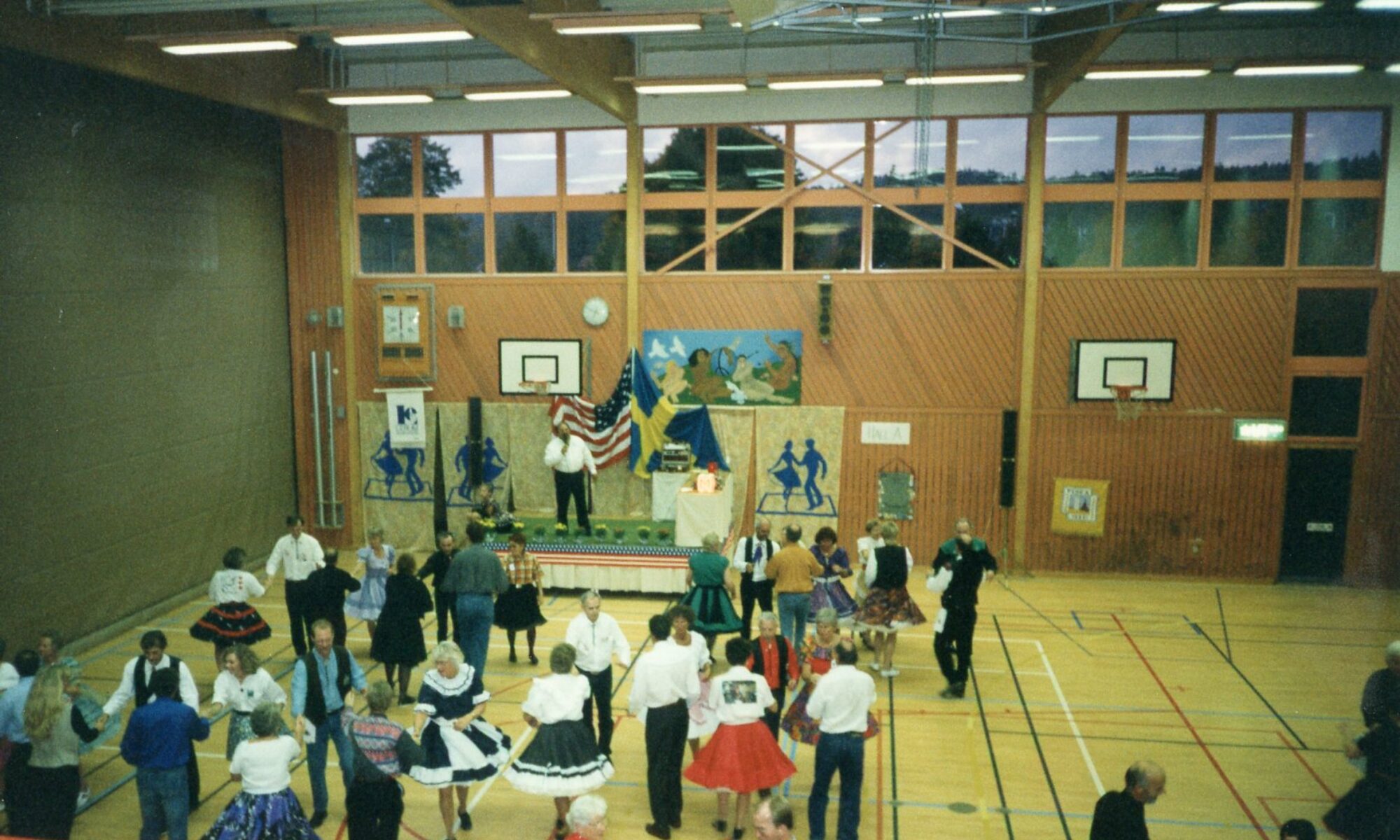How exactly to bond while respecting boundaries.
Published Dec 24, 2020
Have you ever been thinking about someone that is more reserved than gregarious, who maybe not radiate the heat of approachability, you might have wondered how exactly to most readily useful make new friends. That you might be dealing with a loner and should proceed with reservation and respect if you identify signs of introversion, consider.
What exactly is a loner? Often, merely somebody who loves to be alone. Studies have very long founded the prospective advantages of privacy, plus some individuals not just enjoy solitude but earnestly look for it away.[i] Many individuals genuinely enjoy their company that is own and time alone to sleep, relax, and recharge.
Pertaining to intimate intentions, consider that a person who prefers flying solamente might never be trying to rise onto a bike designed for two. Yet once you learn that isn’t the actual situation, and barring other relational exclusions (make certain you are establishing your places on somebody who is single), the following real question is whether dating a loner is suitable for you. A loner might not be a good match if your idea of www.datingranking.net/blackcupid-review/ a great date is a crowded party or networking mixer. If you’re comfortable private, continue reading.
Romancing a Recluse
Numerous loners are homebodies, not hermits. Viewing their residence as a cave or castle (or both), they encounter time in the home as a staycation, maybe not household arrest. And about the motivation to mingle, some reclusive people just choose the sanctity of solitude over social task.
You might start with electronic communication if you are interested in building a relationship with someone who enjoys spending time at home. And in case you need to talk, decide to try an phone that is old-fashioned rather than a Zoom website link because individuals that are comfortable in the home don’t reside camera-ready.
Welcoming a loner off to supper or even a social occasion is usually maybe not an invite well-received she knows you very well first unless he or. Conversely, if, over time of remote relationship building, a loner asks you down for coffee or lunch, consider that become a bright green light. But just what might it be want to be in a relationship with a reclusive intimate partner?
Private People and Public Shows of Affection
Do those who choose privacy publicly show love? It might be determined by why some body prefers to alone spend time. Xia Jiang and Bi-hua Zhao (2017) discovered a negative correlation between choice for solitude and good love, moderated by the capacity to be alone.[ii] They figured having the power to be alone decreases the negative impact of solitude preference on good love.
Other research records that some individuals not merely be able however the aspire to spending some time alone and feel anxious if they aren’t getting sufficient privacy. Robert J. Coplan et al., in an item entitled “Seeking More Solitude” (2019), introduced the thought of “aloneliness,” referred to as “the negative emotions that arise through the perception this 1 just isn’t investing the full time alone.”[iii] Coplan et al. unearthed that an affinity for aloneness (perhaps not the thing that is same shyness) had been connected with wellbeing.
Taken together, these studies seem to suggest that understanding why some body spends time alone could be key to making the most of quality time together.
Loving a Loner: Bonding Within Boundaries
Evidently, you’re able to have an excellent, nutritious, delighted relationship with a loner—who values spending (several of their) time alone. Respecting boundaries, seeing social choices, and expressing nonjudgmental acceptance will facilitate your capability to develop a satisfying relationship of trust and respect that is mutual.
[i] Burger, Jerry M. 1995. “Individual variations in choice for Solitude.” Journal of analysis in Personality 29 (1): 85–108. doi:10.1006/jrpe.1995.1005.
